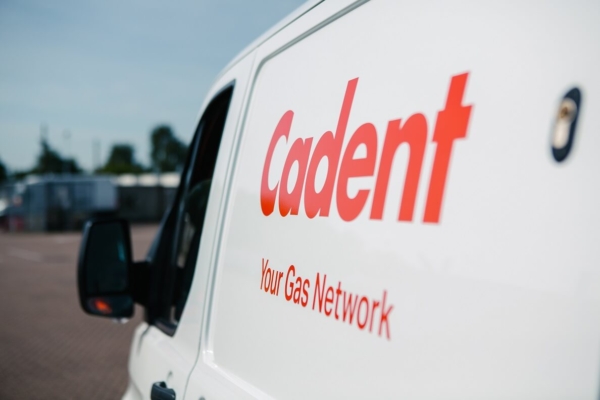Cadent releases new report outlining key role hydrogen plays in UK homes’ transition to low-carbon heating
Cadent today (July 20) unveiled its ‘Green Print – Future Heat for Everyone’ report which brings together considerations to create a pioneering plan to switch 22 million UK homes to low-carbon heat by here 2050 with hydrogen included.
The report highlights the scale of the challenge ahead, recognizing that a patchwork of low-carbon heating solutions will be needed to meet the needs of every community, and outlining 12 key actions that can be taken now to achieve this.
Read more: Cadent reveals strategy to provide hydrogen refueling infrastructure in UK
Read more: Cadent launches a hydrogen chatbot
The 12 key steps to support this include several areas that are directly related to hydrogen.
For example, demonstrating that hydrogen is safe is a key aspect to explore, with the necessary steps to be taken to ensure that all evidence of safety for hydrogen in the gas network is completed.
In addition, enabling the development of a hydrogen economy is crucial and should set production targets, develop business models for production and carbon capture and storage, support the development of industrial clusters, accelerate the mixing of hydrogen and impose hydrogen-ready devices.
The necessary upgrades should also be made to the hydrogen gas network.
Innovation must be a priority by encouraging and encouraging innovation both in technology and in the regulatory framework.
Accelerating the construction of infrastructure that is known to be needed is critical and groups need to start planning now while creating parallel supply chains and skills.
This could help identify ways to speed up planning and development processes as well as to enable “learning by doingâ€.
Another key area regarding hydrogen is the deepening of the understanding of the critical factors in the economy that will determine the energy mix with a need to refine the analysis on the role of hydrogen as new information emerges. .
This could be about energy efficiency deployment rates and the rate at which the price of hydrogen is falling.
Dr Tony Ballance, director of strategy and regulation at Cadent, said: “So far, reports and studies have largely focused on the economics and technical aspects of the transition, leaving most consumers with. little understanding of the impact of such changes on their current heating systems. , or the options available to them.
“We think this needs to change.
“The needs of consumers will be best met when they are at the heart of decisions, understand their perspective on heating and engage early, are clear on the cost of the transition and ‘They put an end to unnecessary “format” wars over which technology will win.
“The installation of all low carbon technologies will create disruption for many. All solutions are likely to cost more. But if we fail to get it right, we will fail to gain public support – and that means we will risk failing to make the transition to fossil gas.
“This will require the commitment of customers, industry and government and a willingness to move beyond an ‘us’ versus ‘them’ debate between the gas and power industry. “
You can read the full report here.
Focus: Transition of UK gas networks to hydrogen
A series of innovation projects are underway in the UK on how to switch the country’s gas networks from natural gas supply to hydrogen, so that homes and businesses can continue to receive gas. energy they need safely.
Led by the five UK gas network operators – Cadent, National Grid, Northern Gas Networks, SGN and Wales & West Utilities, these projects range from blending tests of up to 20% hydrogen into the gas network existing to the way we will transport 100% renewable energy. hydrogen from offshore wind turbines to living rooms.
Want to keep reading? Click here.

